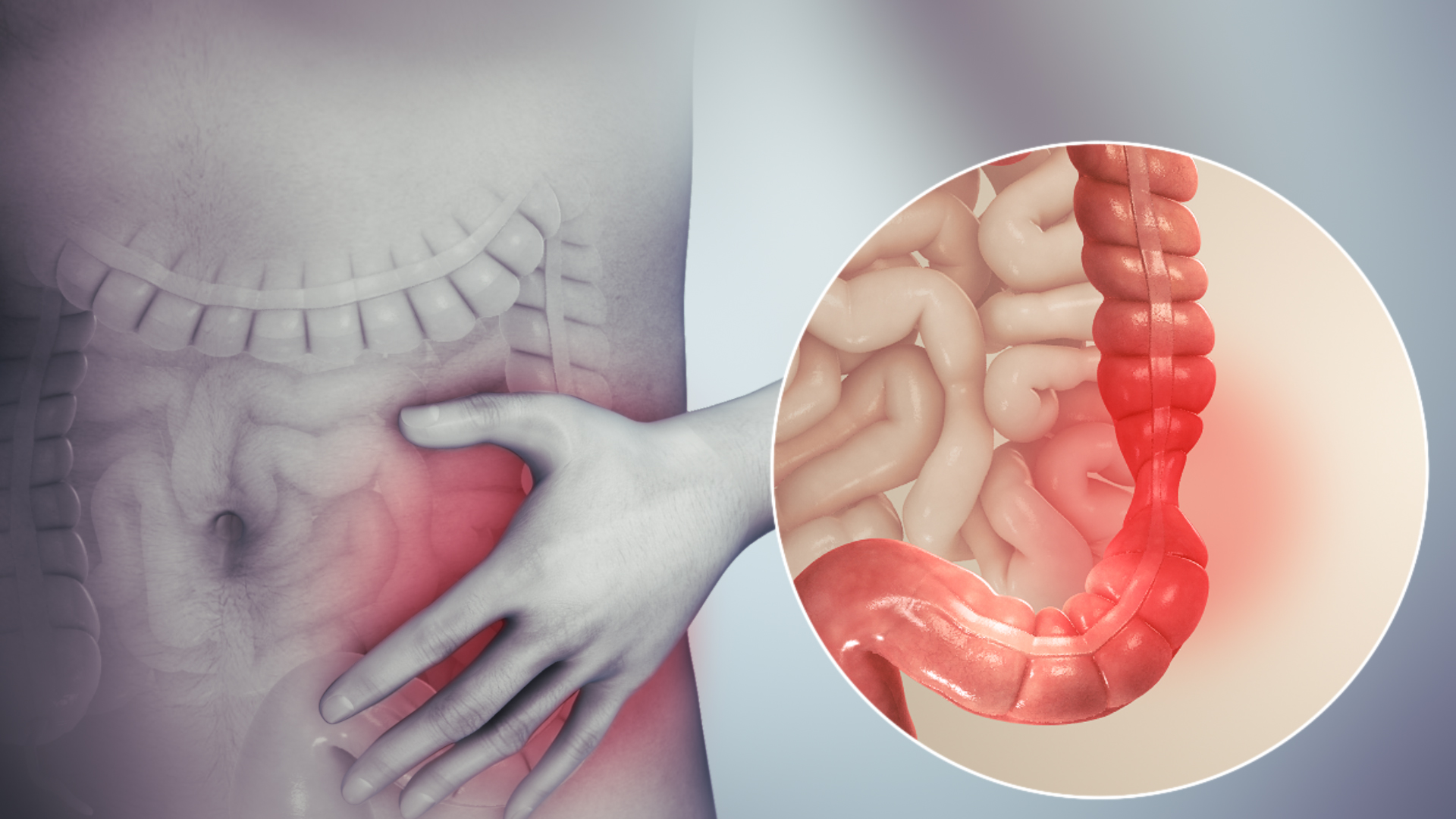Diseases

Irritable Bowel Syndrome
Ayurveda, the traditional system of medicine from India, offers a holistic approach to managing and treating various health conditions, including Irritable Bowel Syndrome (IBS). IBS is a chronic gastrointestinal disorder characterized by symptoms such as abdominal pain, bloating, diarrhea, and constipation. Ayurveda approaches IBS by addressing the root causes and aiming to balance the body and mind. Here's how Ayurveda views and manages IBS:
1. **Dosha Imbalance:** In Ayurveda, IBS is often associated with an imbalance of the three doshas - Vata, Pitta, and Kapha. The specific imbalance can vary among individuals with IBS. The predominant dosha imbalance can influence the type of symptoms experienced.
- **Vata-Predominant IBS:** Vata imbalances can lead to symptoms like abdominal pain, gas, and irregular bowel movements. The treatment focuses on calming Vata with warm, nourishing foods and gentle lifestyle practices.
- **Pitta-Predominant IBS:** Pitta imbalances may result in diarrhea, inflammation, and acidity. Treatment involves cooling and soothing remedies, such as a Pitta-pacifying diet and herbs.
- **Kapha-Predominant IBS:** Kapha imbalances can lead to symptoms like sluggish digestion, mucus production, and constipation. Ayurvedic approaches for Kapha-dominant IBS aim to stimulate digestion and provide warmth.
2. **Dietary Modifications:** Ayurveda places a significant emphasis on diet in managing IBS. Dietary recommendations are tailored to the individual's dosha constitution and the dosha imbalance contributing to IBS. Generally, an IBS-friendly diet in Ayurveda includes easily digestible, warm, and well-cooked foods. Spices like ginger, cumin, and fennel may be used to enhance digestion.
3. **Herbal Remedies:** Ayurveda offers a wide range of herbal remedies to manage IBS symptoms and balance doshas. Common herbs used for IBS include triphala (a combination of three fruits), licorice, aloe vera, and peppermint.
4. **Lifestyle Modifications:** Stress is often a trigger for IBS symptoms. Ayurveda places great importance on reducing stress through practices like yoga, meditation, and pranayama (breathing exercises). Managing stress is considered crucial in managing IBS.
5. **Detoxification:** Ayurvedic therapies like Panchakarma are recommended to detoxify the body and remove accumulated toxins that could contribute to IBS symptoms. Piccha Basti has quiet effective treatment modality in the cases of IBS.
6. **Ayurvedic Consultation:** Ayurvedic treatment for IBS is highly individualized. At Swasthayu Health & Wellness Care we focus on determining the specific dosha imbalance and create a personalized treatment plan.
